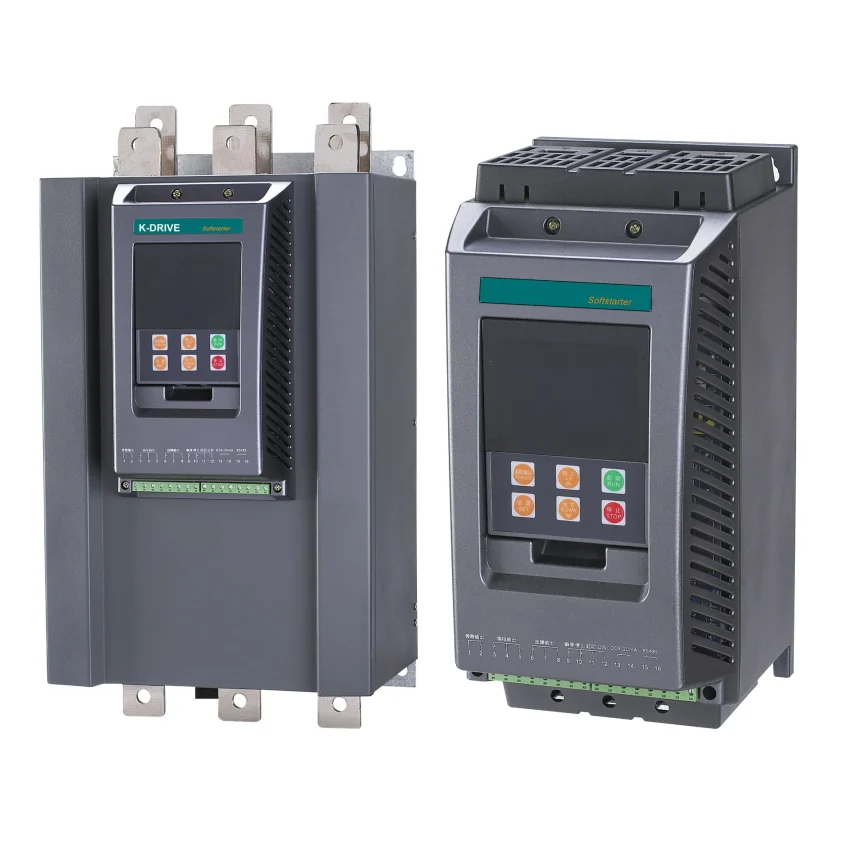Its ability to transmit, distribute, and transform electricity, coupled with safety mechanisms and industrial motors, drives the productivity and efficiency of industries worldwide. With the integration of smart technologies and continuous innovation, electrical equipment is poised to revolutionize industrial infrastructures further. As we embrace a future that demands cleaner and more sustainable practices, electrical equipment will continue to play a crucial role in shaping the industrial landscape of tomorrow.” In today’s rapidly advancing world, industrial electrical equipment has become the heartbeat of modernization. From manufacturing plants to power generation facilities, these critical components play a pivotal role in driving efficiency, productivity, and technological advancements across various industries. Let’s delve into the significance of industrial electrical equipment and how it has revolutionized modernization. Industrial electrical equipment encompasses a wide range of devices, including transformers, generators, motors, switchgear, control panels, and much more. These equipment form the backbone of industrial infrastructure, powering machinery, controlling processes, and ensuring uninterrupted operations. The reliability and performance of these systems directly impact the efficiency and profitability of businesses.
One of the key benefits of industrial electrical equipment is automation. With the advent of advanced control systems and smart technology, industrial processes have become highly automated, leading to increased accuracy, speed, and reduced human error. This automation has paved the way for higher production rates, improved quality control, and enhanced safety measures. Industrial electrical equipment acts as the nerve center of these automated systems, orchestrating complex operations seamlessly. Moreover, the use of intelligent electrical equipment has opened doors to data-driven decision-making. Industrial equipment equipped with sensors and connectivity features can collect real-time data, enabling businesses to monitor and analyze key performance indicators. This data-driven approach facilitates predictive maintenance, reducing downtime and optimizing asset utilization. By leveraging the power of data, industries can make informed decisions, identify bottlenecks, and streamline their operations for maximum efficiency. Industrial electrical equipment has also played a crucial role in promoting sustainability and reducing environmental impact.
With the growing emphasis on green energy and sustainable practices, industries are increasingly adopting renewable energy sources such as wind and solar power. Advanced electrical equipment enables efficient integration of these renewable sources into the grid, balancing supply and demand and reducing reliance on fossil fuels. This transition to cleaner energy not only contributes to environmental preservation but also helps businesses meet regulatory requirements and improve https://dailysiemens.vn/plc-siemens/ their public image. Furthermore, the evolution of industrial electrical equipment has spurred innovations in the field of robotics and artificial intelligence. Collaborative robots, also known as cobots, are revolutionizing manufacturing processes by working alongside human operators. These robots rely on electrical equipment for power, control, and communication, enabling precise and repetitive tasks. As robotics and AI continue to advance, we can expect even greater integration of electrical equipment to support the next generation of smart factories. In conclusion, industrial electrical equipment serves as the lifeblood of modernization, driving progress and innovation across industries.


